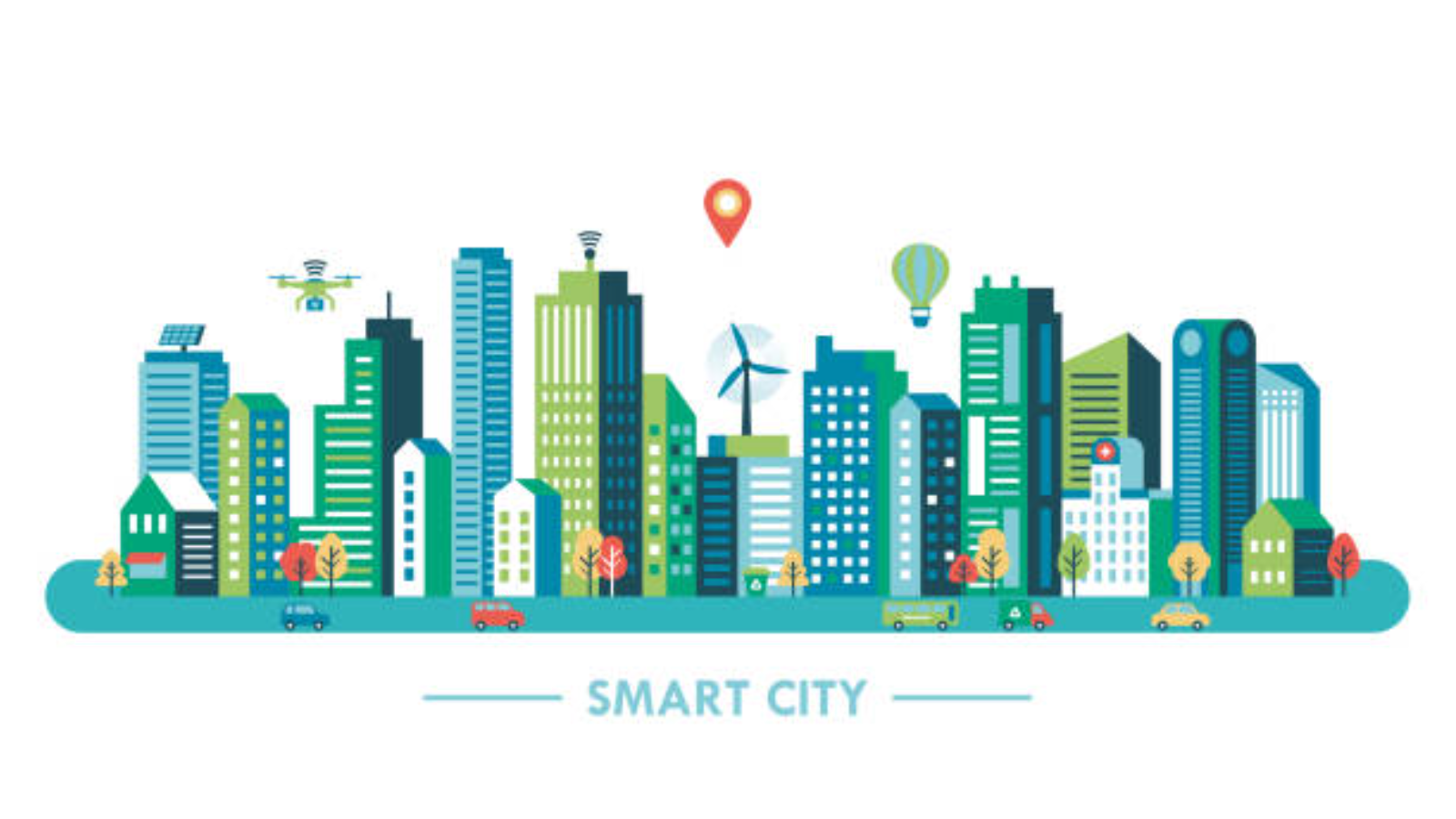In this Article
Introduction
The concept of smart cities has gained significant traction in recent years, promising to revolutionize urban living by integrating advanced technologies. These smart city projects aim to enhance the quality of life for residents, optimize resource management, and improve public services. However, as with any ambitious initiative, there are valuable lessons to be learned from the experiences of cities that have embarked on this journey.
In this article, we will explore the top five insights gained from various smart city projects worldwide, providing a clear understanding of what works and what doesn’t.
Top 5 Insights on Smart City Projects
By focusing on these key insights and lessons learned, cities can better navigate the complexities of smart city projects and create more sustainable, efficient, and livable urban environments. Let’s explore these insights.
1. Importance of a Clear Vision and Strategy
One of the most critical lessons from successful smart city projects is the importance of having a clear vision and strategy.
- Defined Goals: Cities that have clearly defined their objectives and what they hope to achieve with their smart city initiatives tend to be more successful. This includes setting measurable targets for sustainability, mobility, and public safety.
- Stakeholder Engagement: Engaging all relevant stakeholders, including government agencies, private sector partners, and citizens, is crucial. This ensures that the smart city strategy aligns with the needs and expectations of the community.
- Long-Term Planning: Smart city projects are not short-term endeavors. Successful projects involve long-term planning and commitment, with a focus on scalability and sustainability.
2. Leveraging Data for Informed Decision-Making
Data is the backbone of any smart city project. Effective use of data can significantly enhance decision-making processes and improve urban management.
- Data Collection and Integration: Collecting data from various sources, such as sensors, IoT devices, and citizen feedback, is essential. Integrating this data into a unified platform allows for comprehensive analysis and informed decision-making.
- Real-Time Analytics: Utilizing real-time data analytics can help cities respond to issues more quickly and efficiently. For example, real-time traffic data can be used to manage congestion and improve transportation systems.
- Data Privacy and Security: Ensuring the privacy and security of collected data is paramount. Cities must implement robust cybersecurity measures to protect sensitive information and maintain public trust.
3. Focus on Sustainability and Resilience
Sustainability and resilience are key components of successful smart city projects. Cities must prioritize eco-friendly practices and build systems that can withstand various challenges.
- Energy Efficiency: Implementing energy-efficient technologies, such as smart grids and renewable energy sources, can significantly reduce a city’s carbon footprint. Cities like Copenhagen have made significant strides in this area.
- Waste Management: Smart waste management systems, which use IoT sensors to monitor waste levels and optimize collection routes, can enhance efficiency and reduce environmental impact.
- Climate Resilience: Building resilience to climate change is crucial. This includes investing in infrastructure that can withstand extreme weather events and implementing early warning systems for natural disasters.
4. Enhancing Citizen Engagement and Services
Smart city projects should prioritize enhancing citizen engagement and improving public services.
- Digital Platforms: Providing digital platforms where citizens can access services, report issues, and participate in decision-making processes fosters a sense of community and involvement. Barcelona’s “CityOS” platform is a notable example.
- Public Safety: Leveraging technology to improve public safety is essential. AI-powered surveillance systems and smart emergency response systems can enhance security and reduce response times.
- Inclusive Services: Ensuring that smart city services are accessible to all residents, including marginalized communities, is vital for promoting equity and inclusion.
5. Collaboration and Partnerships
Collaboration and partnerships play a significant role in the success of smart city projects.
- Public-Private Partnerships (PPPs): Collaborating with private sector companies can provide cities with the expertise and resources needed to implement advanced technologies. For instance, Singapore’s partnership with various tech companies has been instrumental in its smart city journey.
- Inter-City Collaboration: Cities can learn from each other’s experiences by sharing best practices and lessons learned. Initiatives like the Global Smart Cities Alliance facilitate such knowledge exchange.
- Academic and Research Institutions: Partnering with academic and research institutions can provide valuable insights and innovative solutions to urban challenges.
Conclusion
Smart city projects hold immense potential to transform urban living, making cities more sustainable, efficient, and livable. However, the journey to becoming a smart city is fraught with challenges and requires careful planning, collaboration, and a focus on the needs of the community. By learning from the experiences of other cities, we can better navigate these challenges and unlock the full potential of smart city initiatives.
How Can We Help?
At AlphaX, we are committed to helping cities overcome the challenges associated with smart city projects. Our comprehensive ecosystem integrates advanced technologies to enhance infrastructure, sustainability, and citizen engagement. Explore how AlphaX can help your city become smarter and more sustainable. Visit our contact page.
References
Related Blog Posts
How Smart Cities Connect: Getting Started with Edge AI and IoT Technology
How to Get Started with Edge AI and IoT Technologies in Smart Cities: Overcoming Integration Challenges In recent years, the concept of smart cities has evolved from a futuristic Read More
5 Step Strategy: Ensuring Security and Privacy in 15-Minute Smart Cities
Introduction Ensuring security and privacy in 15-minute smart cities is a critical challenge as urban areas become increasingly connected through IoT and edge AI technologies. These cities aim to Read More
What is a smart city and the challenge of legacy systems
How to Get Started with Integrating Legacy Systems in Smart Cities Smart cities are transforming urban landscapes by leveraging technology to improve the quality of life for residents. However, Read More




